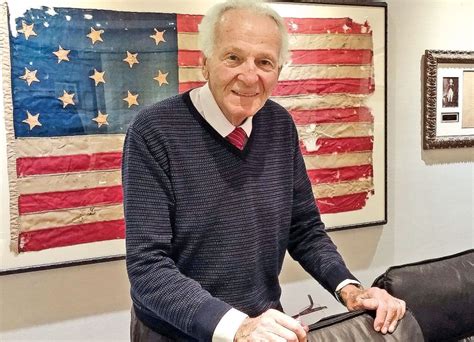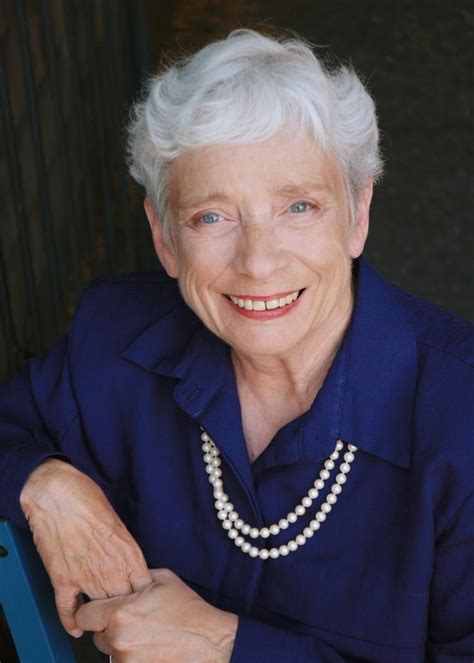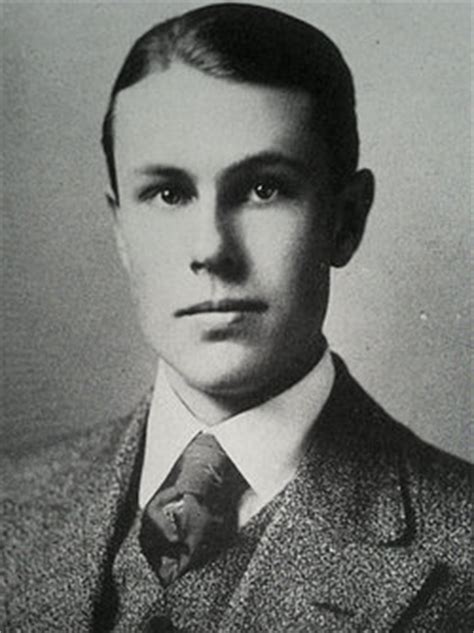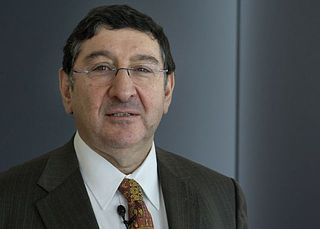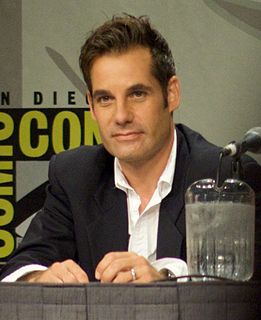Top 1200 Profit Margin Quotes & Sayings
Explore popular Profit Margin quotes.
Last updated on April 14, 2025.
The successful producer of an article sells it for more than it cost him to make, and that's his profit. But the customer buys it only because it is worth more to him than he pays for it, and that's his profit. No one can long make a profit producing anything unless the customer makes a profit using it.
We need to reverse three centuries of walling the for-profit and non-profit sectors off from one another. When you think for-profit and non-profit, you most often think of entities with either zero social return or zero return on capital and zero social return. Clearly, there's some opportunity in the spectrum between those extremes. What's missing is the for-profit finance industry coming in to that area. Look at the enormous diversity of the for-profit financial industry as opposed to monolithic nature of the non-profit world; it's quite astonishing.
Edge also implies what Ben Graham....called a margin of safety. You have a margin of safety when you buy an asset at a price that is substantially less than its value. As Graham noted, the margin of safety 'is available for absorbing the effect of miscalculations or worse than average luck.' ...Graham expands, "The margin of safety is always dependent on the price paid. It will be large at one price, small at some higher price, nonexistent at some still higher price."
I was starting to recognize a corner I was driving myself into: that all writing could do was refer to things that had already been written. I'm making the margin, but the margin of a book that already exists. I was having this exhilaration at, but at the same time horror of this recognition that I'd driven myself into the world of only books. This is a world of the previously written, and maybe I don't have to add to it, maybe all I can do is measure it.
Inflation, especially a slow steady rise in prices, encourages producers, because it means that they can commit themselves to costs of production on one price level and then, later, offer the finished product for sale at a somewhat higher price level. This situation encourages production because it gives confidence of an almost certain profit margin.
I love seeing the bookshops and meeting the booksellers-- booksellers really are a special breed. No one in their right mind would take up clerking in a bookstore for the salary, and no one in his right mind would want to own one-- the margin of profit is too small. So, it has to be a love of readers and reading that makes them do it-- along with first dibs on the new books.
I dismiss personal profit and focus exclusively on people and planet. That's what I call social business: a nondividend company dedicated to solving human problems. You can go all the way, forgetting about personal profit, being single-minded about solving problems. The company makes profit, but profit stays with the company.
I also don't think all of the revenue will come from digital subscriptions. We have in the New York Times a mix of revenue sources and it will continue to be a mix for quite a while. What makes me more nervous is that we built this newsroom on a really high profit margin that has eroded significantly over the last years. I'm nervous that we won't continue to have the profit margins that allow us to have a big, robust newsroom.
Production for sale in a market in which the object is to realize the maximum profit is the essential feature of a capitalist world-economy. In such a system production is constantly expanded as long as further production is profitable, and men constantly innovate new ways of producing things that will expand the profit margin.
One of the dangers about net-net investing is that if you buy a net-net that begins to lose money your net-net goes down and your capacity to be able to make a profit becomes less secure. So the trick is not necessarily to predict what the earnings are going to be but to have a clear conviction that the company isn't going bust and that your margin of safety will remain intact over time.
Capital does not 'beget profit' as Marx thought. The capital goods as such are dead things that in themselves do not accomplish anything. If they are utilized according to a good idea, profit results. If they are utilized according to a mistaken idea, no profit or losses result. It is the entrepreneurial decision that creates either profit or loss.
Many entrepreneurs embrace profit-making and charitable purposes. Companies such as shoes seller Toms and eyeglass firm Warby Parker sell products at a profit with a pledge to devote part of their earnings to the needy. The number of for-profit businesses with a built-in charitable dimension has proliferated.
If you understood a business perfectly and the future of the business, you would need very little in the way of a margin of safety. So, the more vulnerable the business is, assuming you still want to invest in it, the larger margin of safety you'd need. If you're driving a truck across a bridge that says it holds 10,000 pounds and you've got a 9,800 pound vehicle, if the bridge is 6 inches above the crevice it covers, you may feel okay, but if it's over the Grand Canyon, you may feel you want a little larger margin of safety.
WIDE, the margin between carte blanche and the white page. Nevertheless it is not in the margin that you can find me, but in the yet whiter one that separates the word-strewn sheet from the transparent, the written page from the one to be written in the infinite space where the eye turns back to the eye, and the hand to the pen, where all we write is erased, even as you write it. For the book imperceptibly takes shape within the book we will never finish. There is my desert.
Countries were told they had no incentives because of social ownership. The solution was privatization and profit, profit, profit. Privatization would replace inefficient state ownership, and the profit system plus the huge defense cutbacks would let them take existing resources and an increase in consumption. Worries about distribution and competition or even concerns about democratic processes being undermined by excessive concentration of wealth could be addressed later.
There are several things that can create an alpha - stock buybacks are one. High dividend yields are another, especially nowadays because the stock market yields more than the banks and the tenure treasury. But by and large, it tends to be companies with a strong cash flow, rising sales, accelerated earnings, a profit margin expansion.
Even with a margin of safety in the investor's favor, an individual security may work out badly. For the margin guarantees only that he has a better chance for profit than for loss - not that loss is impossible. But as the number of such commitments is increased the more certain does it become that the aggregate of the profits will exceed the aggregate of the losses.
The principal difference between an adventurer and a suicide is that the adventurer leaves himself a margin of escape (the narrower the margin the greater the adventure), a margin whose width and length may be determined by unknown factors but whose navigation is determined by the measure of the adventurer's nerve and wits. It is exhilarating to live by one's nerves or toward the summit of one's wits.
[In] death at least there would be one profit; it would no longer be necessary to eat, to drink, to pay taxes, or to [offend] others; and as a man lies in his grave not one year, but hundreds and thousands of years, the profit was enormous. The life of man was, in short, a loss, and only his death a profit.



